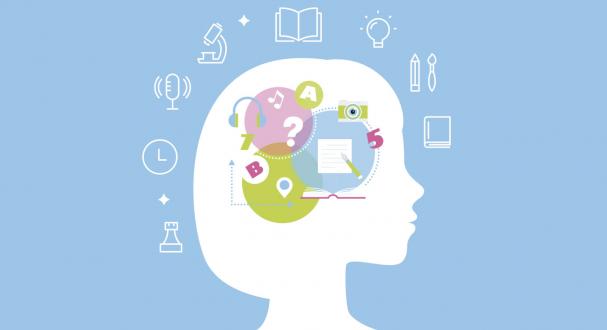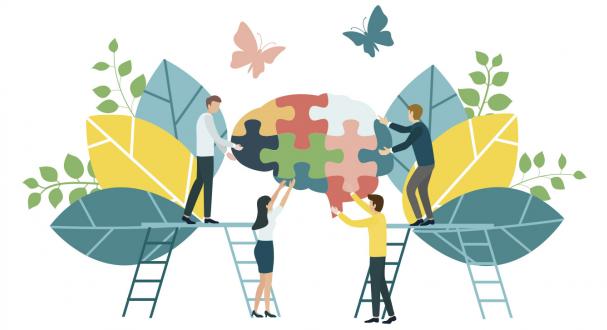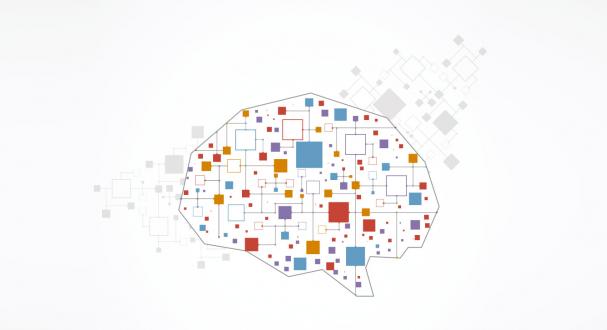Research lines
-
Language development across the life span
The study of language learning and language processing offers an exceptional window into neural plasticity mechanisms across the life span.
-
Speech perception, productions, and disorders
Speech is a unique evolutionary achievement that has played a critical role in human development. We study how this system works and identify its underlying neural mechanisms.
-
Reading and dyslexia
Reading is one of the most exciting discoveries an individual can make. It is an essential skill for social, cultural, and economic exchange in modern societies yet 10% of the population has difficulties learning to read.
-
Multilingualism
Half of the world’s population speaks more than one language. However, we still do not understand how multilingualism changes our brain, how languages are represented in the brain, how the control system works to ensure that multilinguals do not mix languages while speaking, or how they switch easily between languages.
-
Neurodegeneration, brain damage, and rehabilitation
Language deficits are a common consequence of traumatic brain injury, stroke, epilepsy, tumours, and neurodegenerative diseases. They are a primary cause of disability worldwide and have dramatic social implications.
-
Language and other cognitive systems
Language processing requires reciprocal and recursive interactions with other cognitive systems. Understanding language involves unravelling the mechanisms and dynamics that allow language to support other cognitive functions and vice versa.
-
Advanced methods in cognitive neuroscience
Developing and refining new brain imaging methods and techniques is critical to addressing outstanding scientific questions on brain function and structure.

















